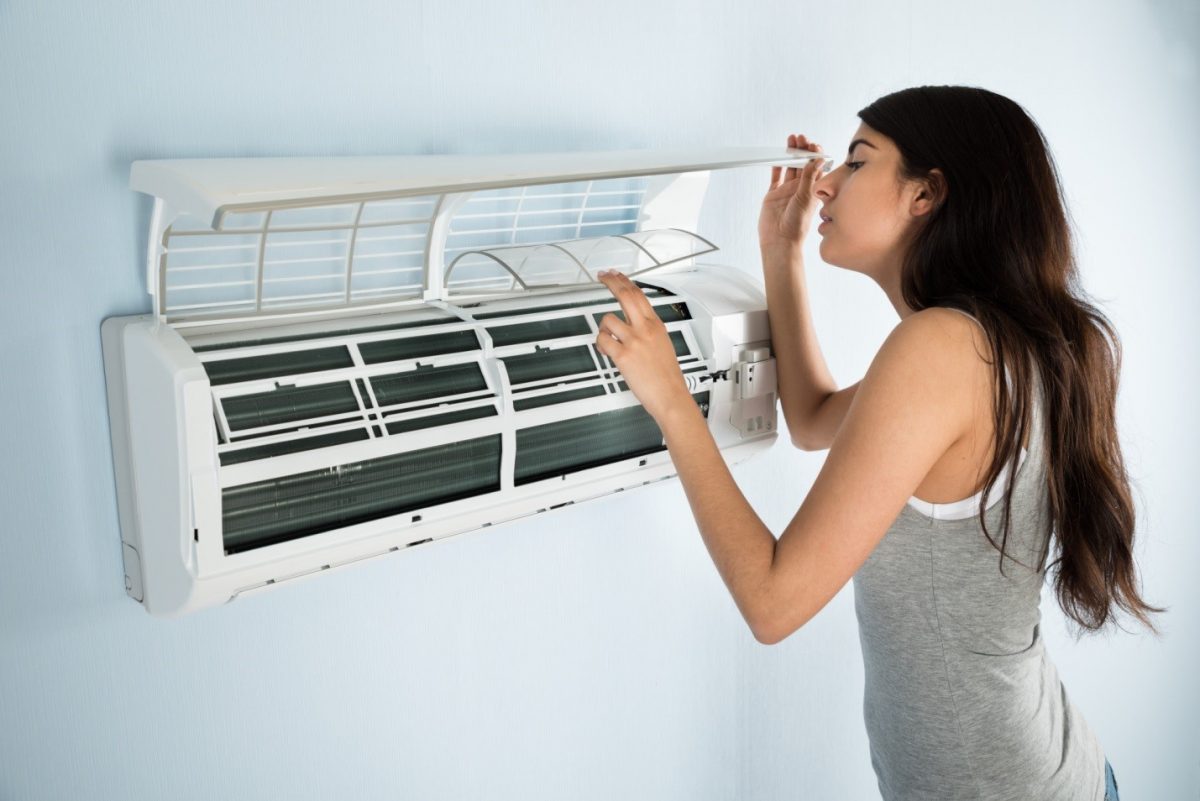Factors to Consider During A/C Replacement
October 04, 2023

Central air conditioners can last for many years. If your air conditioner is reaching the end of its functional lifetime, or you’re simply interested in upgrading your HVAC system for greater comfort or energy efficiency, A/C replacement is a straightforward process. Understanding how to evaluate your options and select an air conditioner that is right for your needs will ensure you enjoy your purchase for many years to come.
Size
Just as homes are available in many different sizes, air conditioners are sized to provide cooling for different volumes of space and the number of occupants in the home. Your air conditioner’s cooling capacity will determine several important factors, such as its ability to effectively cool your home and the amount of energy it takes to produce cooled air. Bigger is not always better—an oversized air conditioner will consume more energy than necessary, while often producing poor results in terms of cooling and humidity control. Similarly, trying to save money by purchasing a smaller air conditioner will also affect its energy usage and cooling capacity, as an undersized air conditioner will work longer and harder without producing the results you want. If you aren’t sure which size air conditioner is right for your home’s needs, talk to your HVAC professional about determining the unique characteristics of your home and how much cooling your new air conditioner will need to provide.
Energy Efficiency
All air conditioners consume energy in the process of removing heat from the air for home comfort. Air conditioners that are more efficient are better at turning energy consumed into cooled air, reducing the energy needs and financial costs of cooling your home. All air conditioning units are rated with a SEER value (Seasonal Energy Efficiency Ratio); the higher a unit’s SEER number, the more efficient it is in terms of energy consumption. Federal regulations require that all air conditioners currently sold in the U.S. must have a minimum SEER value of 13; however, air conditioners are available with SEER ratings well in excess of this value. Although the initial cost of an air conditioner will depend on its SEER value, with higher-efficiency units costing more upfront, it’s important to keep in mind that the energy efficiency of a unit with a higher SEER value will help to offset its purchase price over the course of its functional lifetime. HVAC experts recommend purchasing an air conditioner with the highest SEER value you can comfortably afford, to gain the most benefit in terms of energy savings when you install and begin using your new air conditioner.
Single Room vs. Multi-Room
If your home isn’t equipped with HVAC ductwork, you may currently use window or portable air conditioners for indoor comfort. Although the cost of installing ductwork to enjoy a central air conditioning system can be prohibitive, newer “ductless” mini-split systems can be installed for multi-room cooling using only a small hole in the exterior of your home, typically just three inches in diameter. A single outdoor condenser can provide cooling for several indoor units, allowing you to enjoy multi-room cooling without the need to install ductwork throughout your home. Furthermore, mini-split systems allow you to control the temperature in each room individually for greater comfort and energy efficiency.
Your Florida HVAC professional is here to help you by providing the personalized answers to your questions and concerns regarding home cooling replacement and upgrades. Please stop by our website to learn more about our home A/C services near Jacksonville, or check out our blog for more up-to-date information about home cooling systems, energy-efficiency, and more.
Last Updated: October 17, 2023
